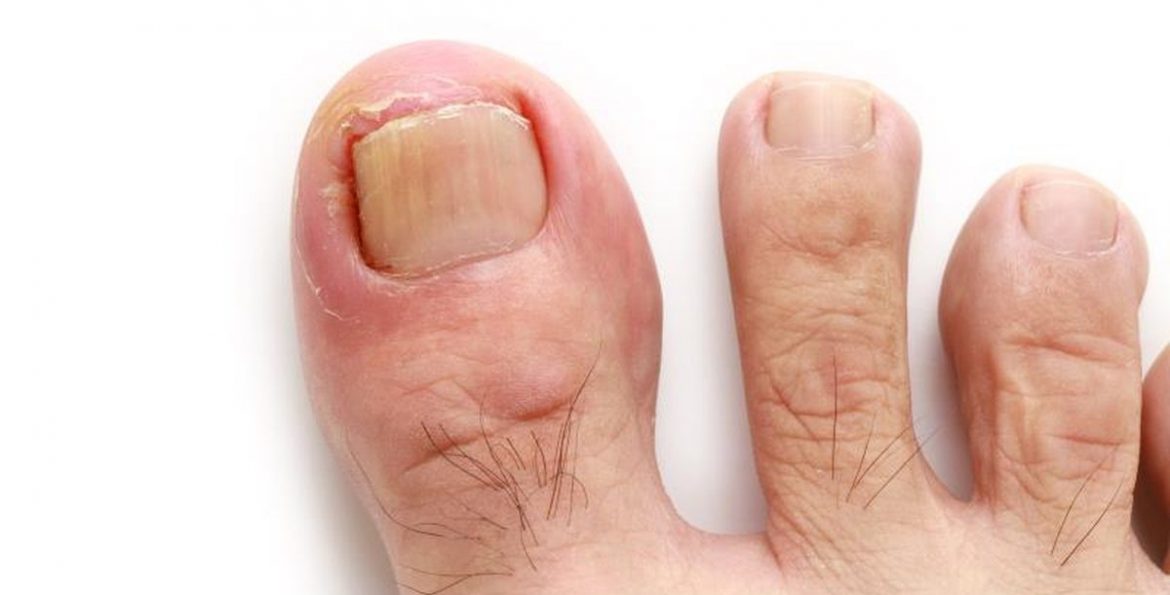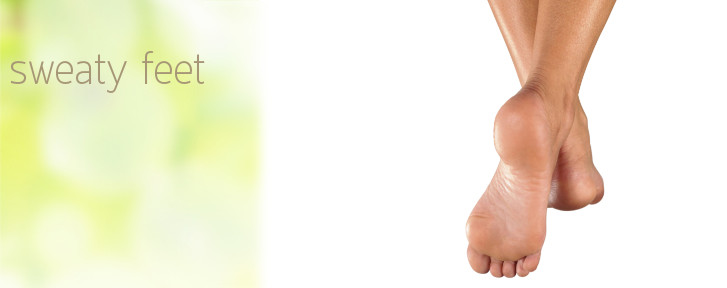Diabetic Foot Problems High blood sugar levels in our body can lead to nerve damage and poor blood circulation. Diabetics related foot problems can be a nightmare if not treated at the proper time. Even a small infection can take a very longer time to heal because of poor blood circulation. The situation can turn […]
- Tags:
- foot care
- health tips








